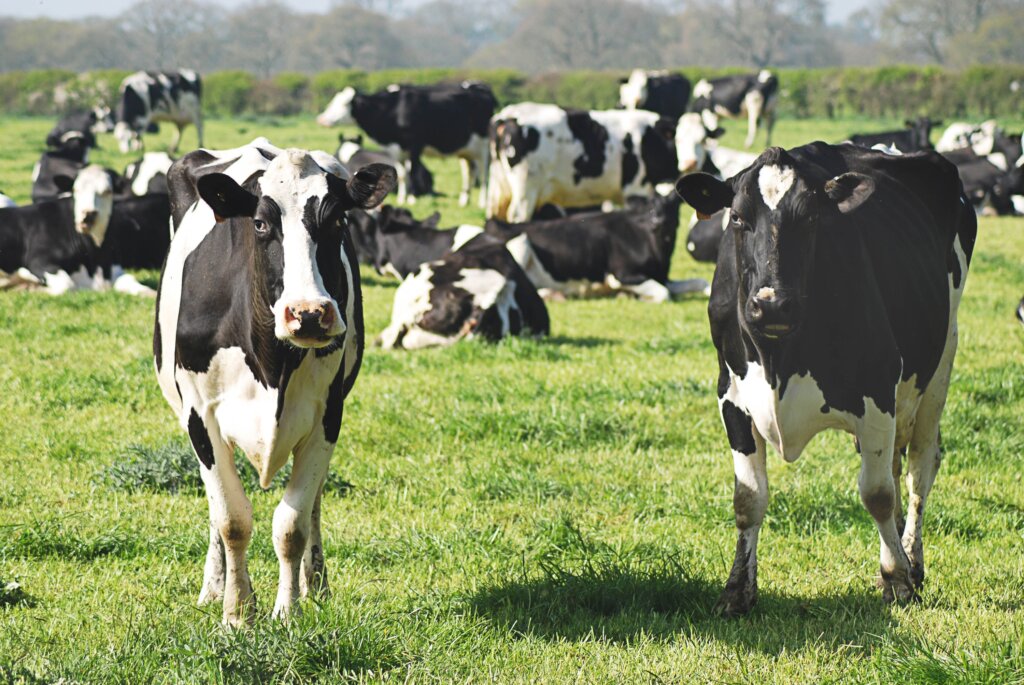From the video:
Are you trying to invest in land, but can’t get a land loan approved by a bank? In this video, Felicia goes over what a land loan is, the different types, and why your bank isn’t giving you the money.
If you already know what a land loan is, the different types, and how they work – jump down to get the reasons for failure.
What is a Land Loan?
A land loan is a type of financing that is used to purchase raw or undeveloped land. These loans can be used for a variety of purposes, such as building a new home, starting a farm or ranch, or making land improvements.
Land loans are typically offered by banks and other financial institutions, and they may be secured by the land itself or by other assets. The terms of a land loan can vary depending on the lender and the borrower’s creditworthiness and financial situation.
When applying for a land loan, it is important to consider the following factors:
- Down payment: Land loans often require a larger down payment than traditional mortgages, typically 20% or more.
- Interest rate: Land loans may have higher interest rates than traditional mortgages, as the lender may view the risk as higher.
- Loan term: Land loans may have shorter loan terms than traditional mortgages, usually 5-10 years.
- Use of the land: The lender may have restrictions on how the land can be used, such as requiring that it be used for a specific purpose (such as building a home) or prohibiting certain activities (such as farming or mining).
Credit reporting agency Experian advises that people who are seeking a land loan should expect that they need a credit score in the high 600s to the low 700s at a minimum.
Carefully review the terms of a land loan and consider the long-term costs and benefits before making a decision. You especially want to take a look at the interest rate, and determine how much you’re paying each month for the life of your land loan.
What Are the Different Types of Land Loans?
There are several different types of land loans that can be used to purchase raw or undeveloped land. The terms of the loans will vary depending on the type. For example, per the Federal Deposit Insurance Corp. (FDIC) the minimum down payments are:
- Raw land: 35%
- Unimproved land: 25%
- Improved land: 15%
Some common types of land loans include:
Raw land loan: A raw land loan is a type of financing used to purchase raw or undeveloped land. These loans may have higher interest rates and shorter loan terms than traditional mortgages, and they may require a larger down payment.
Agricultural land loan: An agricultural land loan is a type of financing used to purchase land that is used for farming or ranching purposes. These loans may have specific terms and requirements related to the intended use of the land.

Land development loan: A land development loan is a type of financing used to fund the development of raw or undeveloped land. These loans may be used to cover the costs of improving the land, such as grading, utilities, and infrastructure. If you’re planning to develop your property and build a primary residence in a rural area, you can apply for USDA loans. USDA loans are designed for low- to moderate-income families. They have low interest rates, and depending on the situation, borrowers may qualify for a lot loan with no down payment.
Land equity loan: A land equity loan is a type of loan that is secured by the equity in a piece of land. To qualify for this type of loan, the borrower must have equity in the land and may be required to provide additional collateral.
Land contract: A land contract is a legal agreement between a buyer and seller that allows the buyer to purchase the land over time, typically with the seller holding the title until the loan is fully repaid. If the sale is closing through a title company, the title will transfer to the buyer at the time of purchase. If the buyer defaults on the loan, the title company will issue the seller a lien against the property.
How Does a Land Loan Work?
Here is an overview of how a land loan typically works:
- The borrower applies for the loan – To apply for a land loan, the borrower must complete a loan application and provide financial and personal information to the lender. This may include information about the borrower’s credit history, income, assets, and debt.
- The lender evaluates the loan application – The lender will review the borrower’s financial information and credit history to determine their creditworthiness and the feasibility of the loan. The lender may also consider the value of the land, the borrower’s plans for the land, and any potential risks associated with the loan.
- The lender makes a loan decision – If the lender approves the loan, they will offer the borrower a loan agreement that outlines the terms of the loan, including the interest rate, loan term, and any fees or charges associated with the loan. The borrower can review the loan agreement and decide whether to accept the loan.
- The borrower closes the loan – If the borrower accepts the loan, they will need to sign the loan agreement and pay any closing costs or fees associated with the loan. The lender will then provide the borrower with the funds to purchase the land.
- The borrower repays the loan – The borrower will be required to make monthly payments to the lender to repay the loan. The terms of the loan, including the interest rate and repayment schedule, will be outlined in the loan agreement.
Why Can’t I Get Bank Financing for Land?
There can be a number of reasons why you may not be able to get bank financing for land, and get your land loan approved. Some possible reasons could include:
Poor credit
Your credit score and credit history can impact your ability to get a loan, and lenders may be less likely to lend to borrowers with a poor credit history.
Insufficient income
Lenders will typically consider your income and debt-to-income ratio when deciding whether to lend to you. If your income is insufficient to support the loan, you may have difficulty getting financing.

These are pretty standard, right? No surprises. Very similar to trying to get a mortgage for a home. Let’s describe a few land specific reasons.
Lack of collateral
Land may not always be considered sufficient collateral for a loan, especially if the value of the land is not high and if there are no structures on it. Lenders may require additional collateral, such as a mortgage on a home or other assets, to secure the loan.
Limited financing options
Some lenders may not offer financing for land purchases, or may have stricter requirements for these types of loans.
Market conditions
If the market for land is weak, lenders may be less likely to lend for land purchases, as they may view the risk as too high.
Higher risk
Lenders may view land loans as higher risk than traditional mortgages because the value of raw or undeveloped land may be less predictable. Additionally, land may not generate income until it is developed, which can make it more difficult for the borrower to repay the loan.
Intended land use
Lenders don’t like to hear “as an investment”. The intended land use matters a lot to banks. If you’re going to immediately build a home, and can prove it with the blueprints and permits in place, you might be ok. Other uses like camping, RV, and recreation are less likely to be approved.
It is important to carefully research the options for financing a land purchase and understand the risks and benefits of each option. It may be helpful to work with a lender or financial advisor to understand your options and find a financing solution that works for you.
Another Way to Fund Your Land Purchase
Seller Financing
Seller financing is when the buyer and seller of a property work out the sale arrangements themselves without a bank or other financial institution involved. This can be a great option for land buyers that may not meet the credit score or down payment requirements for a regular land loan.

My company, Compass Land USA, offers seller financing on almost all of our properties. We don’t do credit checks, and there’s no prepayment penalty. You get 3 different financing plans to choose from.
When buying a property directly from the seller, both parties will usually sign a land contract. This legal document records the sale of the lot and any other agreements between the two parties. When you finance a property directly through the seller, it’s important to note that you won’t technically hold legal title until you pay off the loan.
Sellers are also entitled to enforce any personal restrictions or requirements they may wish to include, so it’s important to work with a reputable seller and make sure you know the exact terms of the loan agreement.
I hope you found this helpful! There are many different types of bank loans, and they aren’t all the same. Hopefully, now you understand more about the different bank financing options that exist and what they mean for your land investing decisions.
Do you want to purchase one of our properties with owner financing?
Compass Land USA doesn’t require credit checks! Call or Text us anytime at (313) 349-0434 😊

Want Your Own Step-By-Step Guide of How to Buy Owner Financed Land?
You can get yourself it for free – just fill out the form below!
Download Your FREE “How to Buy Land with Owner Financing” Step-by-Step Guide Below
Just put in your name and email, click “Download” and you will have access to the free step-by-step guide right away.


